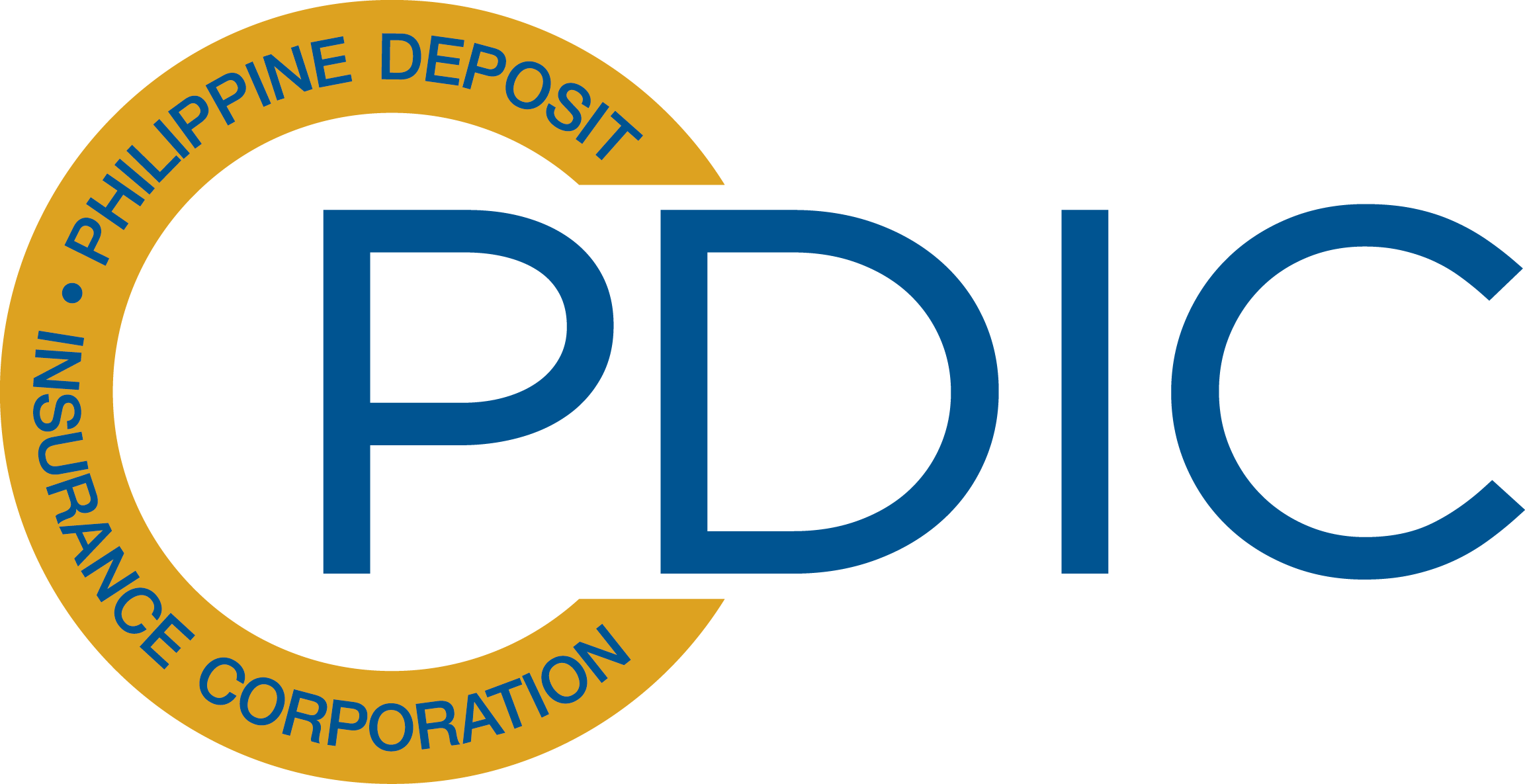| ARCHIVE |
The ‘Southern Tour’ of Deng Xiaoping, paramount leader of China |

THE late Deng Xiaoping (1904 – 1997) is generally recognized as the great reformist leader of China who pushed for market-oriented policies that established the foundations that brought it to becoming the second-largest economy in the world today. Obviously, this was not an easy task, but what made this a truly remarkable feat were the political obstacles and setbacks that Deng had to go through along the way. As the whole world now looks to China as an economic superpower who can and is playing a critical role in leading the world out of the credit and the European economic crises, it may be useful to take a look at the background of Deng’ s travails in pursuing economic policy reforms in China. It may also help for the Philippines and other Southeast Asian counties to have an additional perspective on the behaviour of China in the South China Sea area. Deng Xiaoping had a very important role in the Communist Party of China but his career path was marked by mishaps including two purges during the Cultural Revolution and upon the death of Chairman Mao Zedong, he had to contend with the “Gang of Four” led by Mao’s widow. But he garnered enough support in the party organization and in 1981 became Chairman of the Central Military Commission which was the best indicator of assumption to power in China. Deng and his allies realized that a purely centrally planned economy was not working in achieving sustainable economic growth for China and they started to gradually allow market oriented mechanisms in determining the allocation of productive resources and investments. China started to open up and growth was led by inflows of investments and export oriented production. The Tianamen Square Incident China’s economy had gained momentum with its market oriented policies when the Tianamen square incident happened. The death of reformist Hu Yao Bang triggered demonstrations for more democratic reform from April to June 4. On June 4, the army was brought in and quelled the demonstrations at Tianamen square and at least several hundred protesters were killed. This incident weakened Deng Xiaoping and forces opposed to his economic policies emerged. He resigned as Chairman of the Central Military Commission of 1989 and retired in 1992. However as plain “Comrade Xiaoping” he remained a very influential leader and this was when he did his famous “Southern Tour” in the spring of 1992. The Southern Tour Deng went on his tour of the southern cities of Guanzhou, Zhenzen, Zuhai and Shanghai among others. The southern coastal cities were and are the most prosperous cities of China and are China’s economic growth leaders. Here he delivered speeches and roused support for his economic policy reform agenda. His tour garnered support from the population and local officials and eventually his professed policies for market orientation and openness were embraced by Beijing under the leadership of his successor Jiang Zemin. The fluctuations in Deng Xiaoping’s career may give insights as to the possible backgrounds of policy determination in China. Today, China is facing major decision points in its economy. With the European and the United States economies weak, will China lead Asia as the world engine of economic growth? Will it transit from being an export ad inward investment led economy into a consumer and foreign investor and how? As the world’s largest economy, why is it risking goodwill with its neighbors over the islands where its claims are tenuous, and at the same time courting goodwill throughout the world with the use of its tremendous sovereign wealth? It will not hurt to look into the legacy of Deng Xiaoping’s economic policy reforms for insights and perspectives on China. _______________________________________________________ * Written by PDIC President Valentin A. Araneta for Free Enterprise and published in the Businessmirror on August 1, 2012. Mr. Araneta writes for the Free Enterprise column as a member and officer of the Financial Executives of the Philippines (Finex). Requests for his past articles may be coursed through ccd@pdic.gov.ph. |
back |
This website uses information-gathering tools including cookies and other similar technology. Data generated are not shared with any other party. For more information, please refer to our privacy policy.
 PDIC is a government instrumentality created in 1963
PDIC is a government instrumentality created in 1963by virtue of Republic Act 3591, as amended, to insure
the deposits of all banks. PDIC exists to protect
depositors by providing deposit insurance coverage for the depositing public and help promote financial stability. PDIC is an attached agency of the Bangko Sentral ng Pilipinas.

Questions? Need Help?
Click Frequently Asked Questions
Trunkline.: (632) 8841-4000
Hotline: (632) 8841-4141
(for Metro Manila clients)
Fax No.: (632) 8841-4085
Email: pad@pdic.gov.ph
Client outside Metro Manila may call
Toll Free: 1-800-1-888-7342 or
1-800-1-888-PDIC

.png?Tuesday; May 14, 2024)

Hotline: (632) 8841-4141
(for Metro Manila clients)
Fax No.: (632) 8841-4085
Email: pad@pdic.gov.ph
Client outside Metro Manila may call
Toll Free: 1-800-1-888-7342 or
1-800-1-888-PDIC

.jpeg)
.png)


